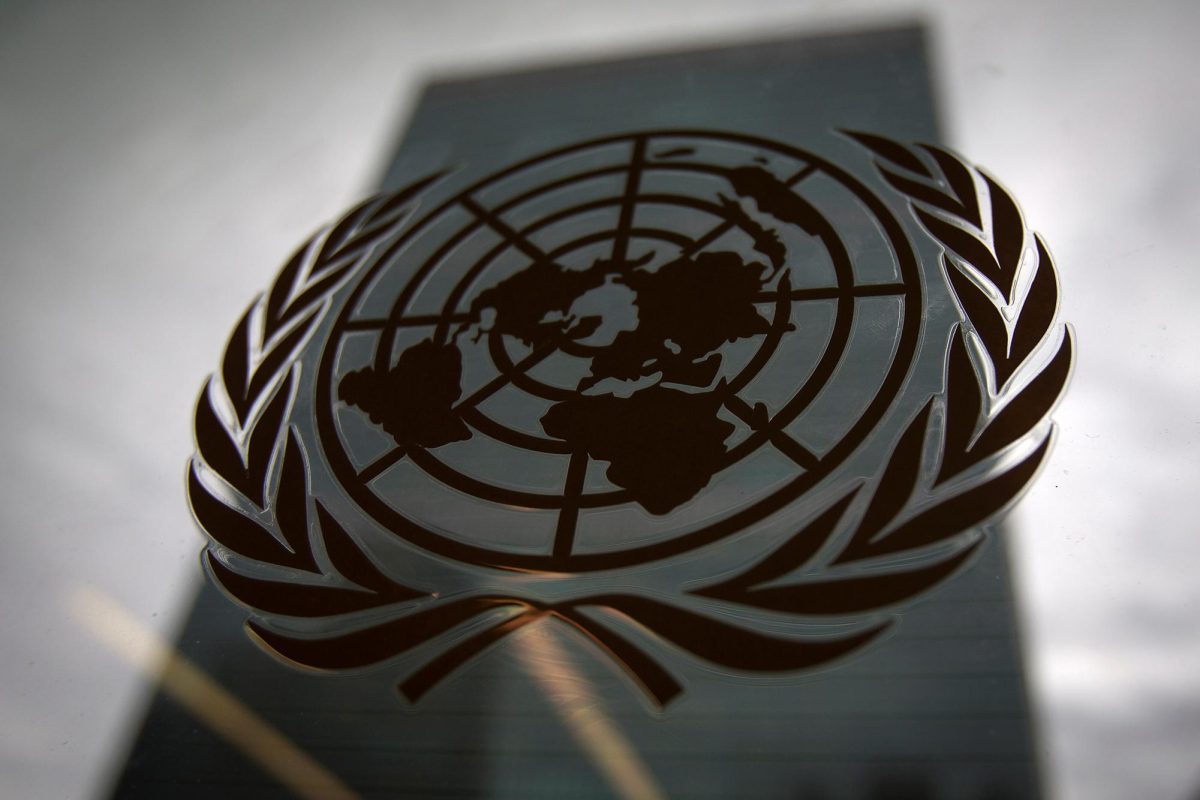Gaza is facing a rapidly worsening humanitarian crisis, with the United Nations issuing stark warnings about imminent famine, mass displacement, and violations of international law. Nearly two years into this conflict between Hamas and Israel that resurfaced on October 7, 2023, conditions on the ground have deteriorated to what the UN calls a “nightmare of historic proportions.”
As of August of this year, The United Nations “irrefutably” confirmed level five famine in Gaza. This crisis and its rapid spread are largely due to the blockades positioned around the Gaza Strip by Israel, which prohibit much of the aid from reaching Palestinians in need. UN relief chief Tom Fletcher explained to reporters at a UN press briefing late this summer that this 21st-century famine was completely man made, saying:
“It is a predictable and a preventable famine. A famine caused by cruelty, justified by revenge, enabled by indifference and sustained by complicity. My ask, my plea, my demand to Prime Minister Netanyahu:
Enough. Ceasefire. Open the crossings, north and south, all of them. Let us get food and other supplies in…For humanity’s sake, let us in.”
Talks of ceasefire have been in the air throughout 2025, with a recent vote held by the UN’s Security Council on September 18. The resolution on the table called for “an immediate, unconditional, and permanent ceasefire in the Gaza Strip,” while also demanding that all hostages held by Hamas be released.
However, the ceasefire resolution failed after being vetoed by the United States– one of the five permanent members of the Security Council with veto power. The U.S. stood alone against the measure, citing concerns about the resolution’s failure to fully condemn Hamas or address Israel’s right to defend itself. All other council members, including traditional American allies, voted in favor.
This vote came just two days after the United Nations’ first official declaration of genocide in Gaza on September 16, when Navi Pillay, chair of the Commission of Inquiry on this matter, stated that “the commission concluded that Israel has committed genocide against the Palestinian people… and that [Israel] is continuing with that genocide.”
Such a declaration means reasonable grounds have been met to conclude at least four of the five genocidal acts defined under international law have been committed since the start of Israel’s military campaign in 2023, as well as various war crimes. These confirmed genocidal acts include:
- Killing members of the group
- Causing serious bodily or mental harm
- Deliberately inflicting conditions of life calculated to bring about the group’s physical destruction
- Imposing measures intended to prevent births
According to Pillay, the Commission also found evidence of genocidal intent, fulfilling the legal requirement to classify Israel’s ongoing operation as genocide. This label adds to the growing list of alleged war crimes already under investigation by international bodies, including the use of starvation as a weapon, indiscriminate bombing of civilian areas, and forced displacement.
Gaza, a densely populated coastal enclave of roughly two million people, has endured multiple wars and a 17-year blockade prior to this particular conflict, but experts say the destruction, death toll, and scale of displacement over these past two years are without precedent. Hospitals have collapsed, schools and homes destroyed, and necessities like food, clean water, and electricity are nearly nonexistent.
With conditions continuing to escalate and political solutions being stalled, the people of Gaza remain caught in a crisis with no clear end in sight.
Sources:
Israel has committed genocide in Gaza, UN commission of inquiry says
Security Council: US votes against resolution on Gaza ceasefire | UN News
Gaza: Famine “irrefutably” confirmed, UN humanitarians unite in plea for aid access
UN Relief Chief says Gaza famine “must spur the world to urgent action” – Question of Palestine
Israel has committed genocide in the Gaza Strip, UN Commission finds | OHCHR













